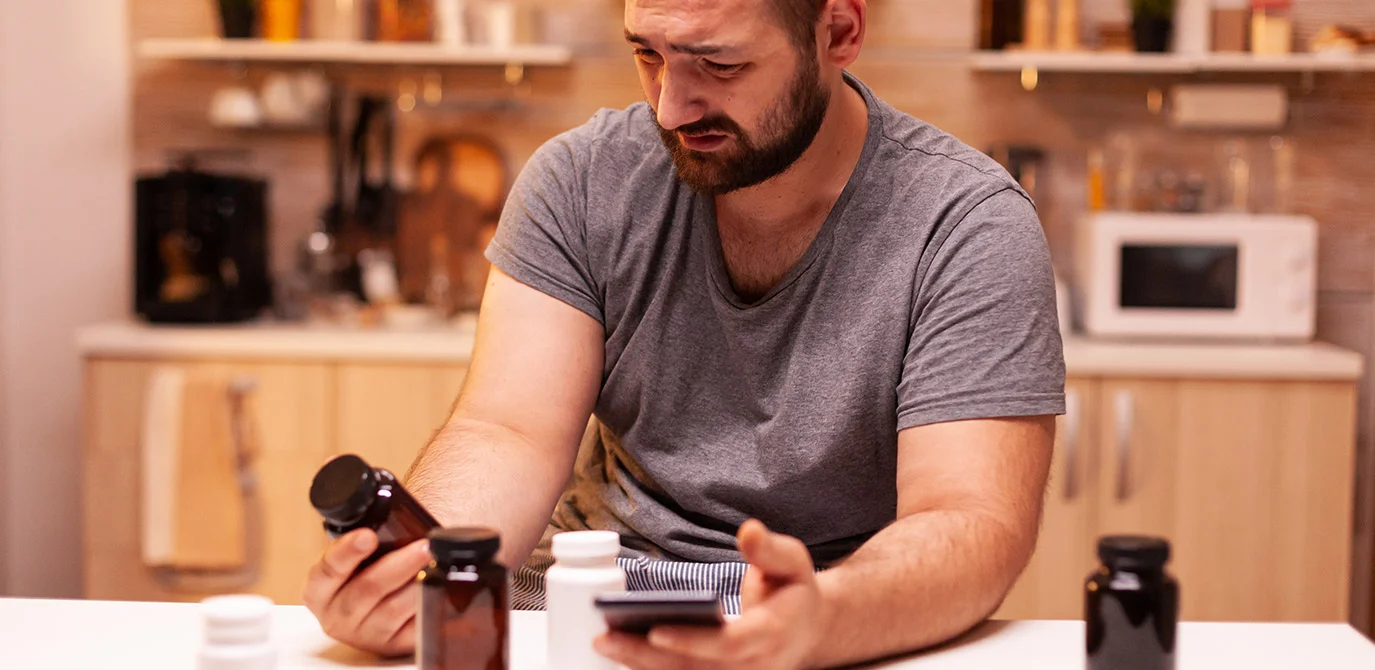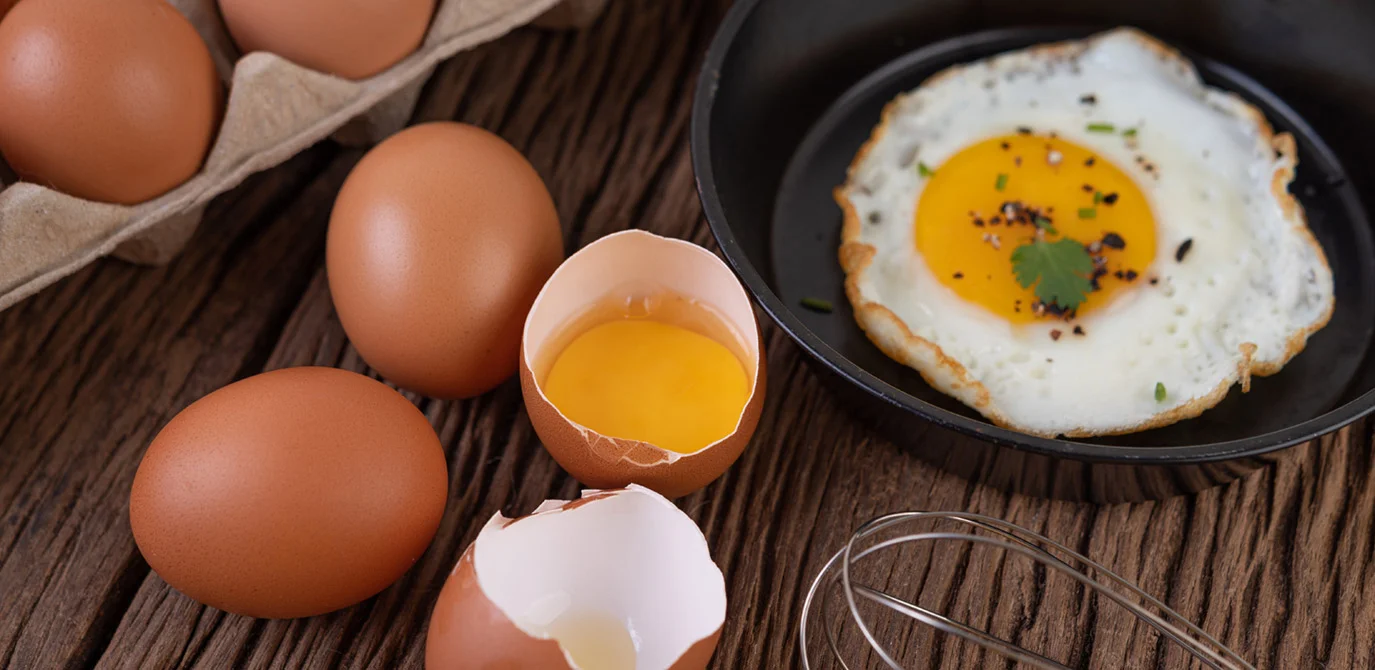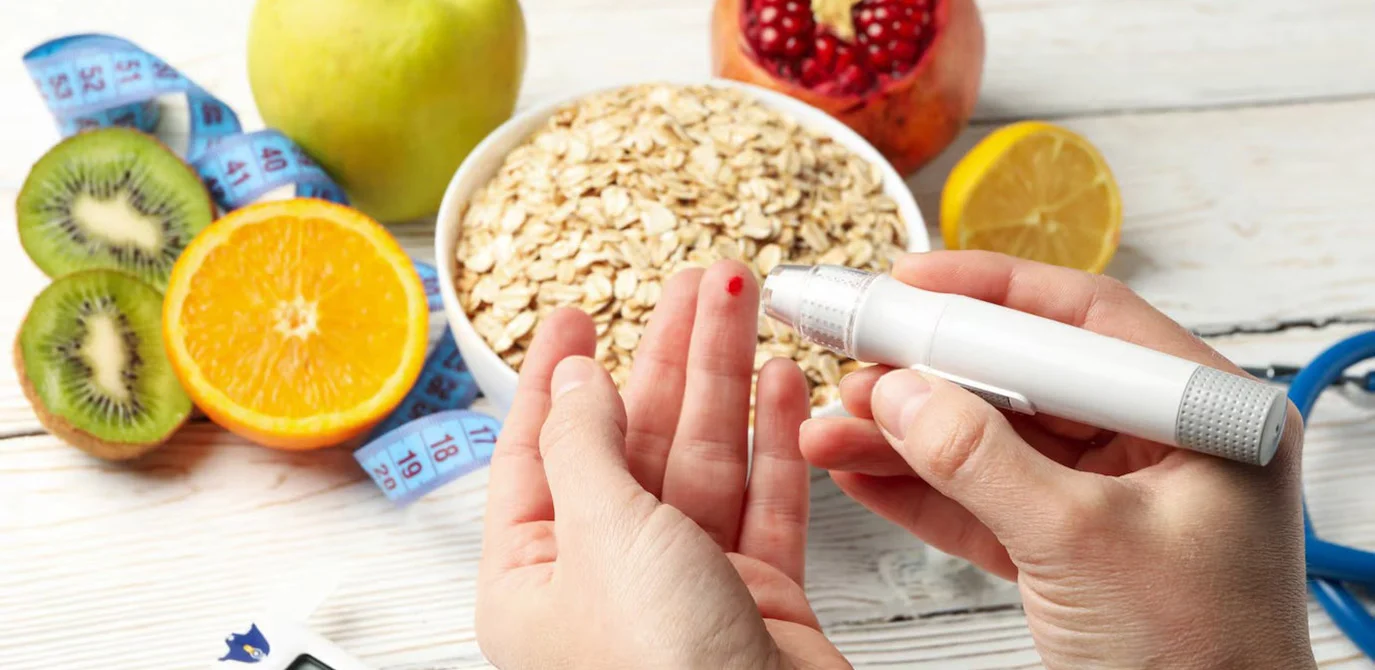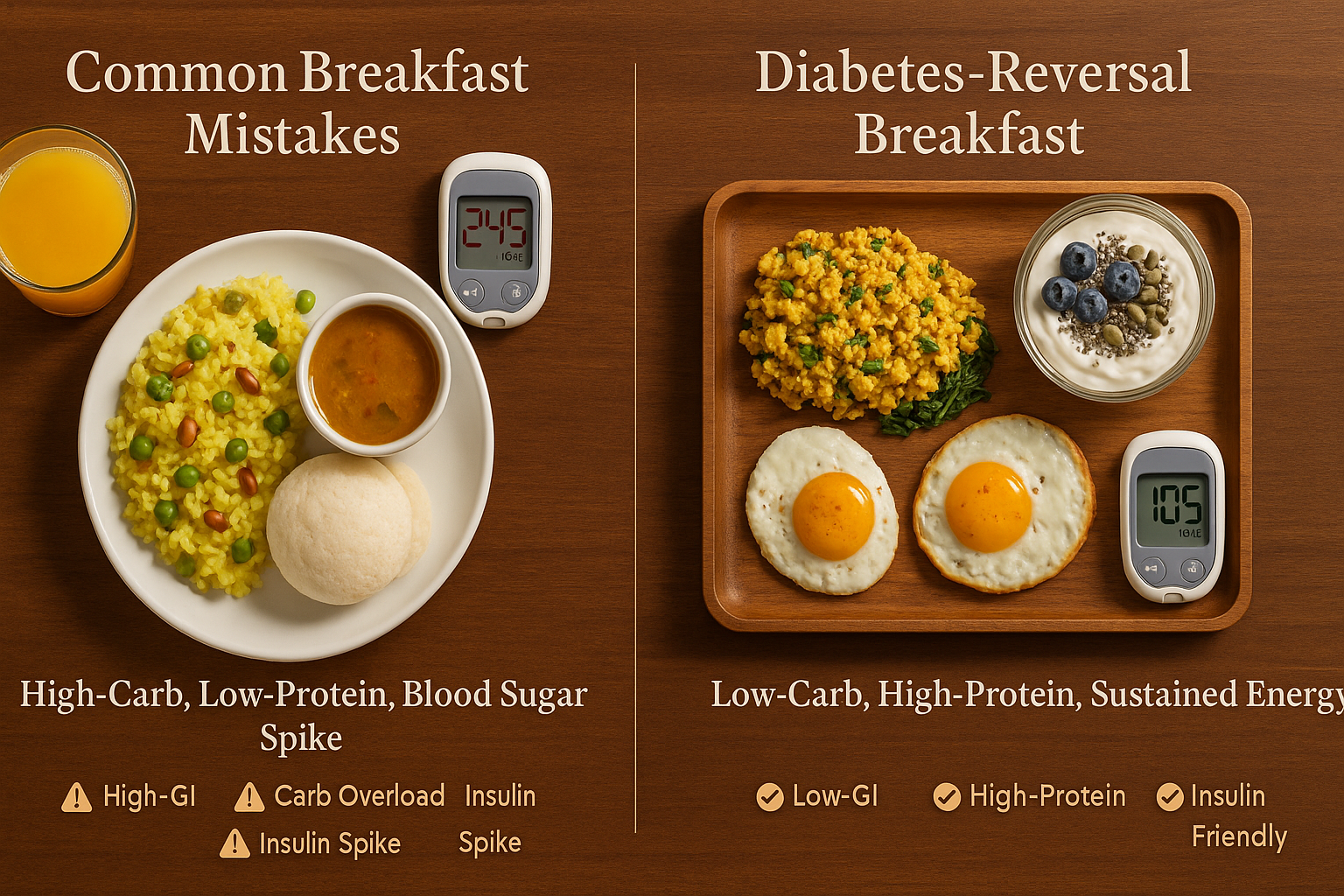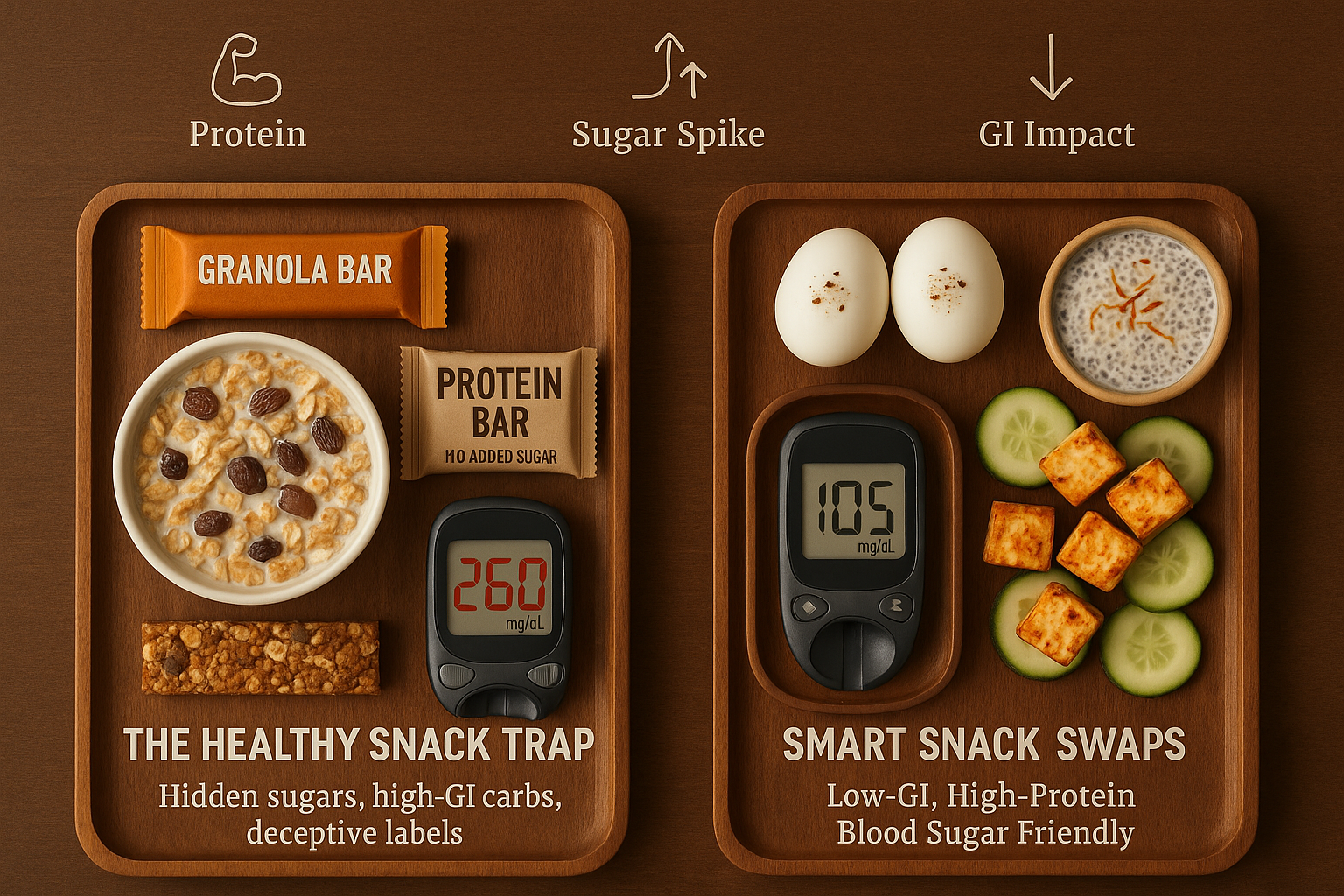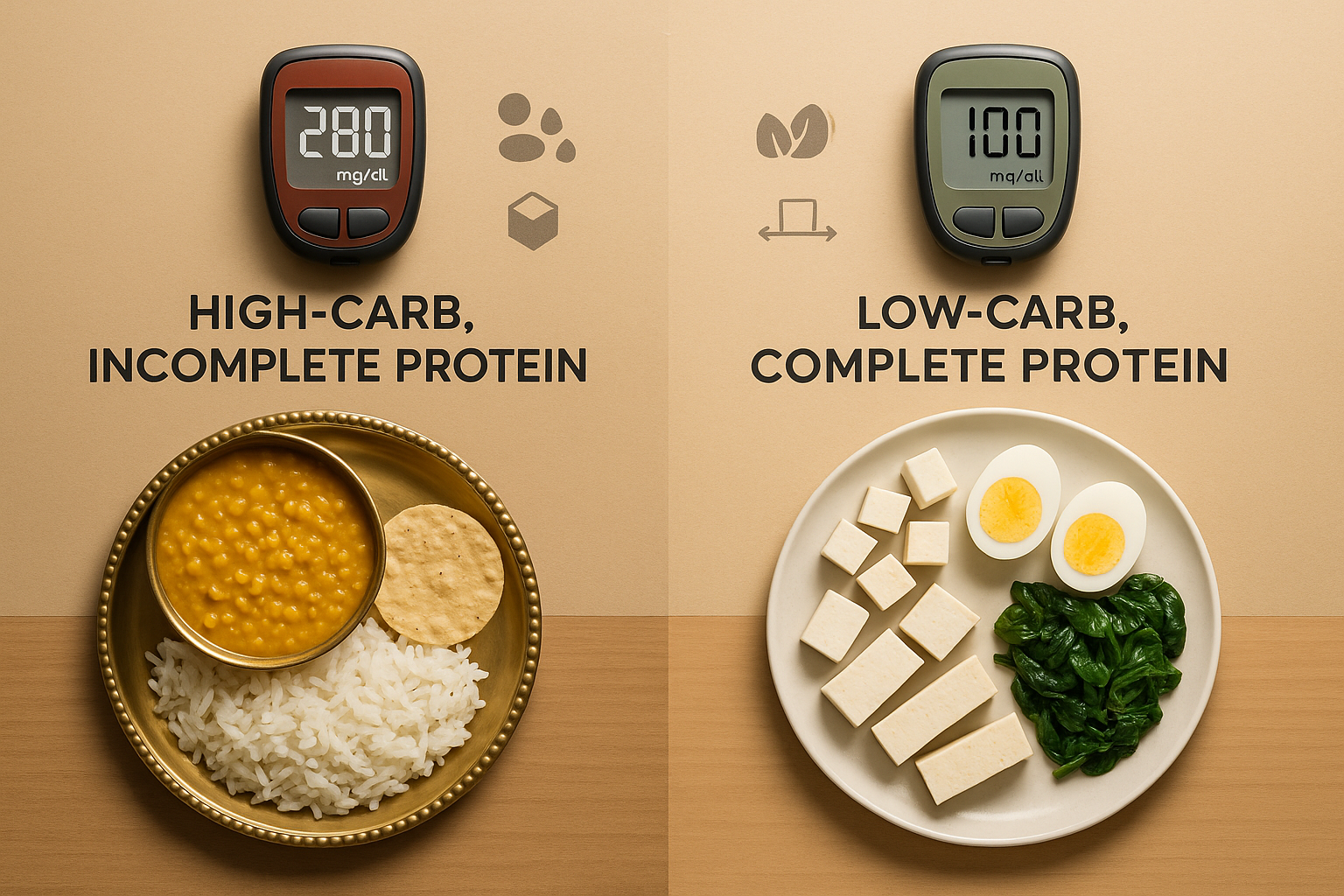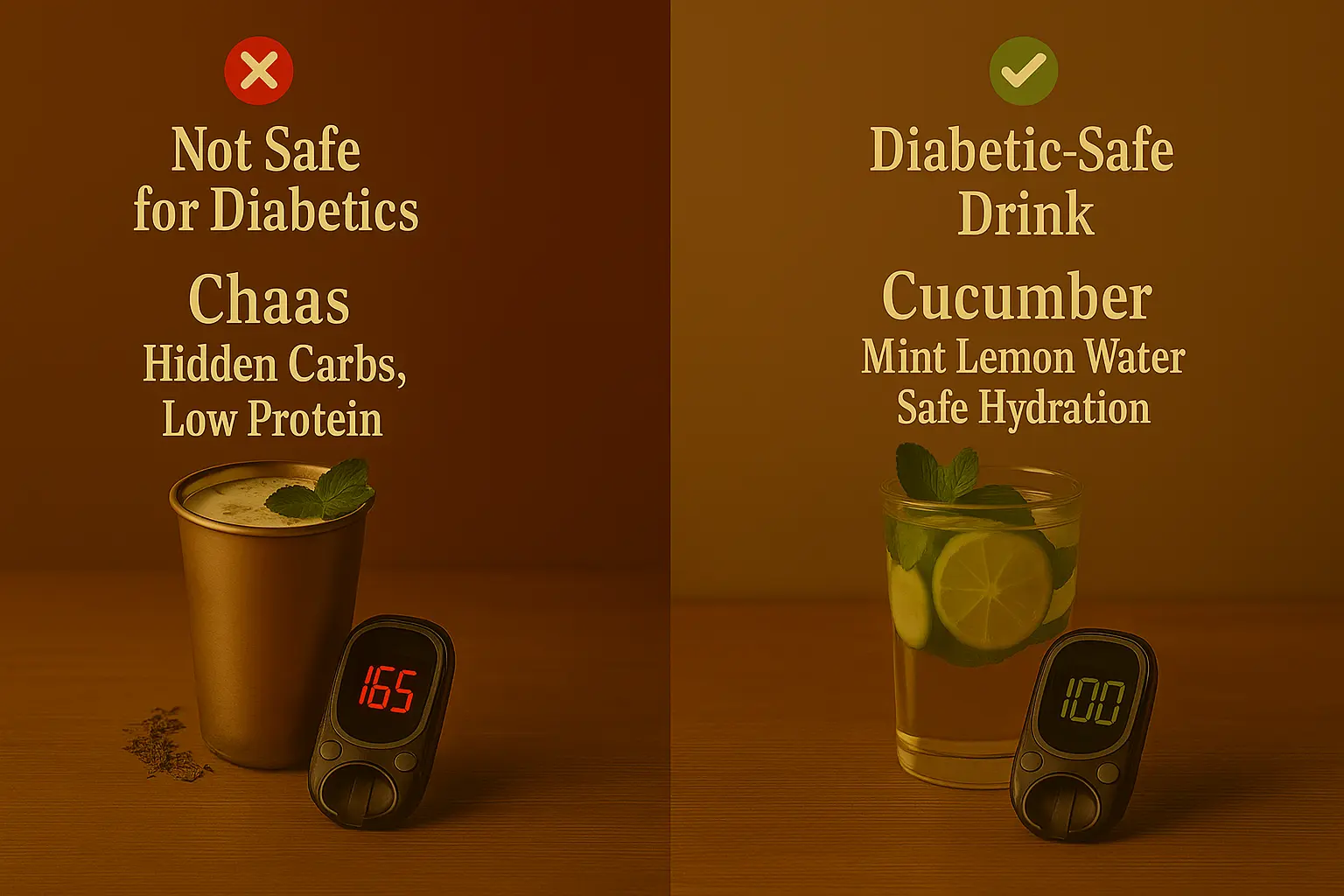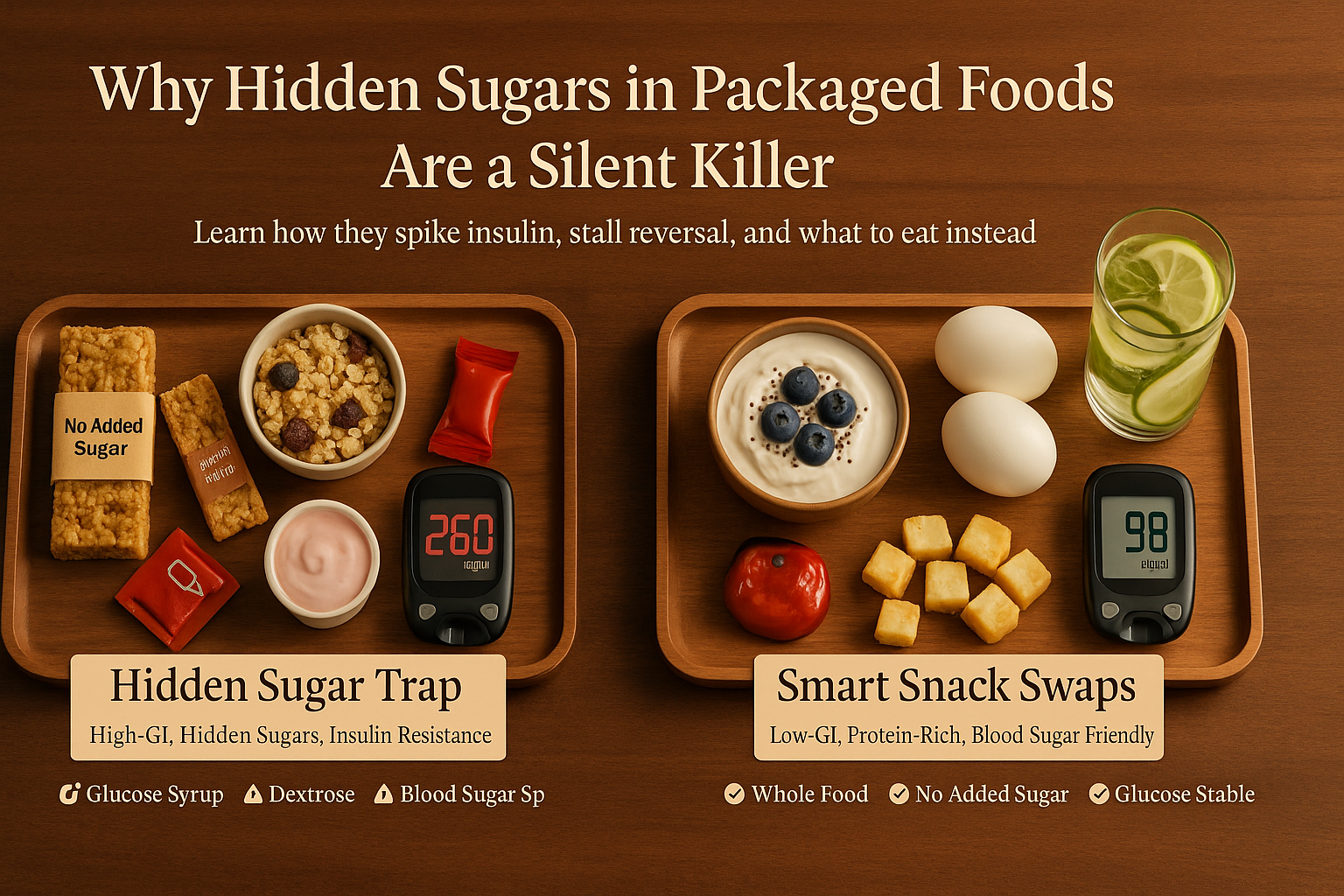The Truth About Natural and Artifical Sugars
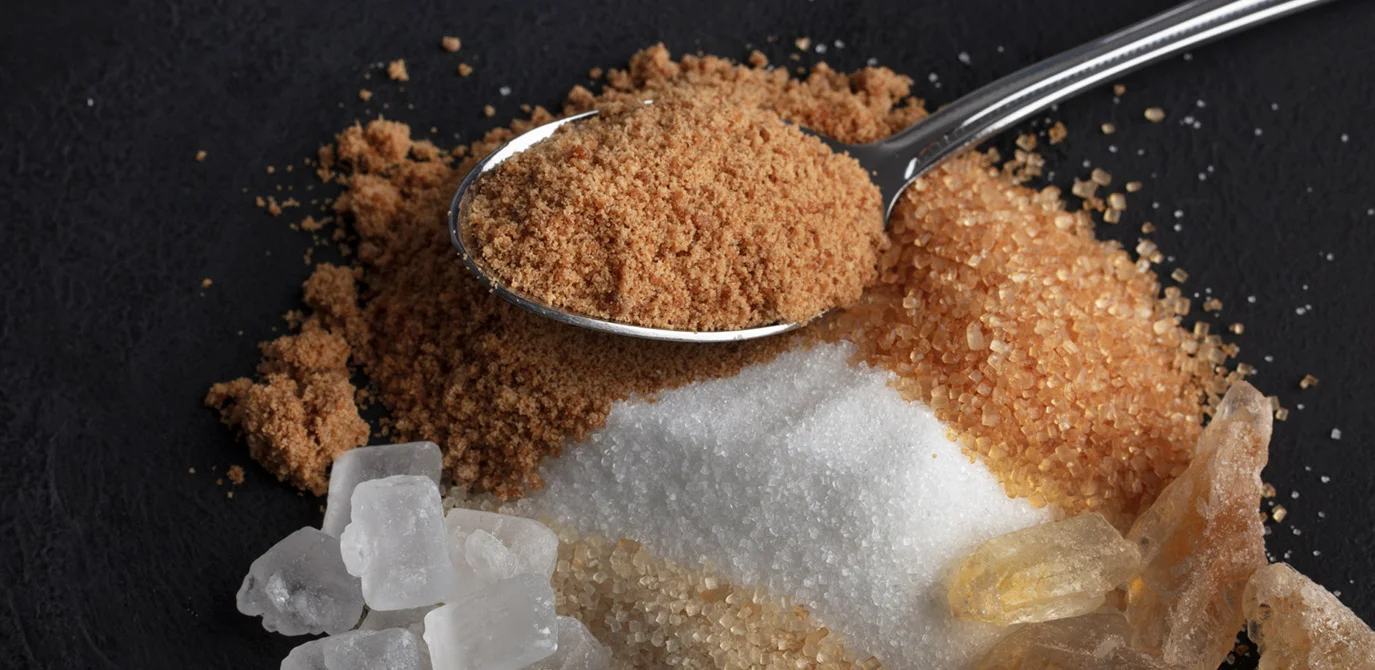
The Truth About Natural and Artificial Sugars: What You Need to Know In today’s world, where health consciousness is at an all-time high, terms like sugar-free, naturally sweetened, no added sugar, and diabetic-friendly are frequently used by brands to market
The Truth About Natural and Artificial Sugars:
What You Need to Know
In today’s world, where health consciousness is at an all-time high, terms like sugar-free, naturally sweetened, no added sugar, and diabetic-friendly are frequently used by brands to market their products. These claims often lead consumers to believe that naturally occurring sugars are healthier than artificial ones, but is that really true? Let’s delve into the science behind natural and artificial sugars to separate fact from fiction.
Understanding Sugar and Its Impact on Health
Sugar, scientifically known as sucrose, is a molecular compound made up of two parts—glucose and fructose. The real concern with sugar consumption arises due to the fructose content. While small amounts of fructose may not be harmful, excessive intake, especially for individuals with diabetes, can lead to serious health problems.
The Dangers of Excessive Fructose Intake:
- Fatty Liver Disease: Excess fructose is processed in the liver, leading to fat accumulation and, eventually, fatty liver disease.
- Increased Triglycerides: High levels of triglycerides in the body increase the risk of heart disease.
- Elevated Uric Acid Levels: A spike in uric acid levels can cause problems like gout and kidney issues. Often, protein is wrongly blamed for high uric acid levels, when in reality, excessive fructose is the culprit.
- Carbohydrate Overload: A high-fructose diet is often low in protein and high in carbohydrates, which is detrimental to individuals with diabetes who require a low-carb, high-protein diet.
- Addiction to Sweetness: The sweet taste is highly addictive, making it difficult to cut down on sugar intake over time.
With these downsides in mind, the question remains: Are natural sugars really healthier than artificial sugars?
Natural vs. Artificial Sugars: Is There a Difference?
From a scientific perspective, the answer is NO. The amount of fructose in natural sugars like honey, jaggery, dates, and sweet fruits (mangoes, pineapples, etc.) is almost the same as in refined sugar. Fructose content determines the impact of sugar on health, not its source. Whether natural or artificial, excessive fructose can have toxic effects on the body.
Debunking Food Label Myths
Many food products use misleading labels to create a perception of health benefits. Here’s what you need to watch out for:
- “Sugar-Free” – This does not mean the product is entirely free from sugar. Instead, it often contains sugar substitutes like sugar alcohols (maltitol, erythritol, xylitol) or other sweeteners that still affect blood sugar levels.
- “100% Natural Sugar” – Just because a sugar source is natural doesn’t mean it is safe in large quantities. Natural sugars still contain fructose, which can be harmful if overconsumed.
- “No Added Sugar” – This means no extra sugar has been added, but the existing sugar content remains unchanged. Always check the total sugar content in the ingredients list.
- “Naturally Sweetened” – This is another tricky claim. Even if a product is naturally sweetened, it can still have high fructose levels and be just as unhealthy as refined sugar.
- “Diabetic-Friendly” – A truly diabetic-friendly product should have less than 10g of carbohydrates per 100g. Anything above this threshold can negatively impact blood sugar levels.
- “High Nutritional Value” – While some natural sweeteners like jaggery contain iron or fruits provide vitamins, the risk-benefit ratio should be considered. Is it worth consuming dates for iron if it means damaging your liver with excessive fructose?
How to Make Smarter Choices?
To maintain good health and manage blood sugar levels effectively, it is essential to become an informed consumer. Here are some tips:
- Always read labels to check the total carbohydrate and sugar content.
- Avoid marketing traps that promote “natural” as healthier when the sugar content remains high.
- Limit sugar intake to occasional treats (once in 15 days is safe).
- Opt for low-sugar fruits like berries, which contain less than 5-10g of sugar per 100g.
Final Thoughts
In the battle between natural and artificial sugars, neither is truly “healthier” when consumed excessively. What matters is the fructose content, which remains high in both forms. The key takeaway is to limit sugar intake, regardless of its source, and focus on a balanced diet with low carbohydrates and adequate protein.
By staying informed and making conscious choices, you can protect your health and avoid falling for deceptive food labels. Always remember: being mindful of sugar consumption today can prevent chronic health issues tomorrow!








